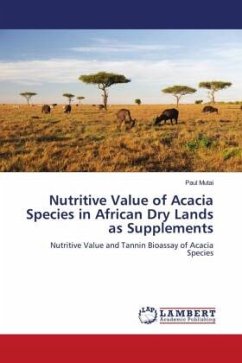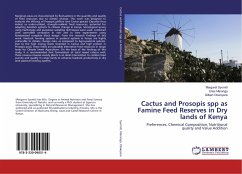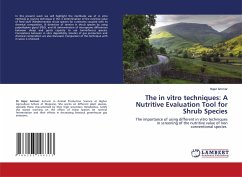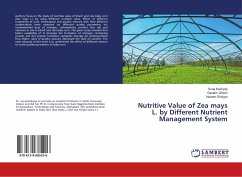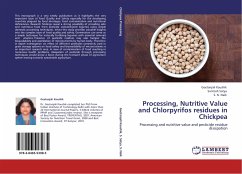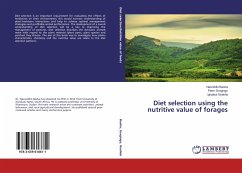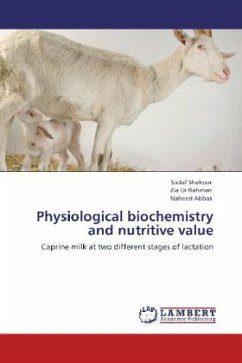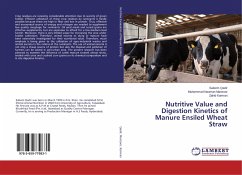Livestock sector is an important global player with enormous economic, social and environmental impact (Steinfeld et al., 2006). Worldwide, livestock production contributes 40% of global agricultural GDP, employs 1.3 billion people, providing livelihoods for 1 billion of the world's poor people (Alders et al., 2021). It is also the single largest anthropogenic land user accounting for 70% of all agricultural land and 30% of the land surface on the planet. The impacts of livestock subsector are being increasingly felt due to demographic increase and income growth. Global meat demand is projected to more than double from 229 metric tons in 1999- 2001 to 465 metric tons in 2050 and the minimum per capita protein intake recommended for maximum human physical and mental development is about 56g (Robinson et al., 2015). It is also estimated that in the developing countries like Kenya, 48% of protein food and 20% of food energy is obtained from livestock (Steinfeld et al., 2006). Current productivity is unsustainable especially in Africa where the livestock sector is growing very fast driven by escalating demand, rising population and per capita income (Li et al., 2014).
Bitte wählen Sie Ihr Anliegen aus.
Rechnungen
Retourenschein anfordern
Bestellstatus
Storno

